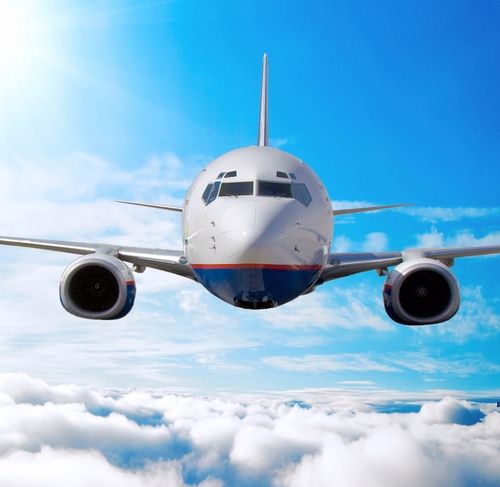But with many trucking entities helping out at at the ports, more companies are taking advantage of the friendly skies to get customers their purchases in a more timely manner, even though the costs are greater.
One such organization is the toy manufacturing giant Ty, Inc. In a recent press release, the Oak Brook, Illinois-based toy conglomerate announced that it had completed over 280 air shipments thus far, with the first one occurring in October.
Ty Warner, who serves as chairman and CEO for Ty, Inc., noted he's committed to ensuring families have their holiday gifts in hand and under the tree before the big day arrives.
"I'm doubling down on what I said two weeks ago: Christmas is not canceled," Warner explained. "I'm determined not to let the global supply chain issues interfere with the holidays, and I'm committed to supporting independent retailers."

Gap also flying freight
Product delays have been felt by just about every retailer, largely fueled by massive delays at shipping ports. And likely because of this fact, Ty, Inc. isn't the only one utilizing the airways as a workaround. As Supply Chain Dive recently reported, clothing retailer Gap has already spent approximately $100 million to air ship products and deliverables, and the apparel chain expects to spend nearly $500 million on air freight in 2021 overall.
Another apparel giant — FIGS, which specializes in manufacturing work clothing for health care workers — is also spending millions of dollars on air freight. In an earnings call, FIGS Chief Financial Officer Jeff Lawrence noted the company is poised to top $8 million in air shipping in the fourth quarter alone, up from $1 million in the third quarter. He stressed, however, that this is a temporary measure.
"We don't think it's going to be air freight business ongoing," Lawrence said. "That was really just a reaction to the in-transit issues that everyone is having."
Shipping by air is fast, but expensive
This may be due to the costs involved. Just one cargo flight can cost between $1.5 million and $2 million, according to Ty, Inc. Similarly, the amount of money Gap has spent on aerial shipping needs will likely impact earnings expectations, the company announced in a third quarter sales update. However, Gap says it will continue to leverage air freight "to navigate ongoing delivery challenges for [the] holiday."
With more manufacturers relying on airlines and airports for cargo handling and distribution, it's pushing the associated rates up. In October, air cargo rates rose 37% compared to the same month last year and by 155% versus 2019, according to Cargo Airports & Airline Services.



Post A Comment:
0 comments so far,add yours